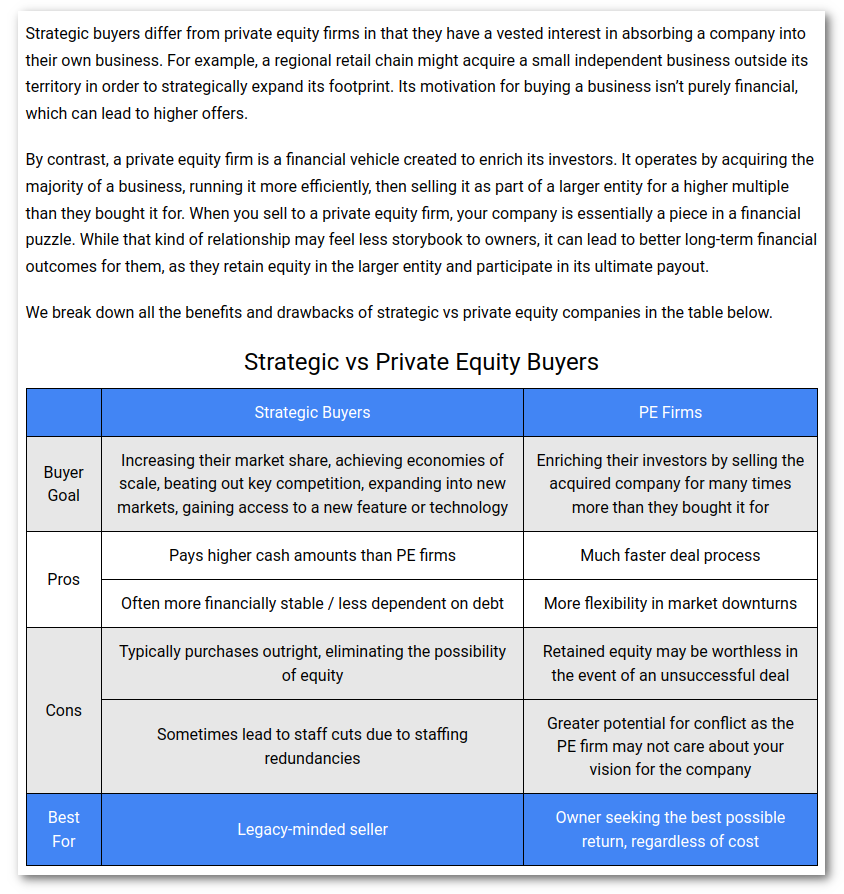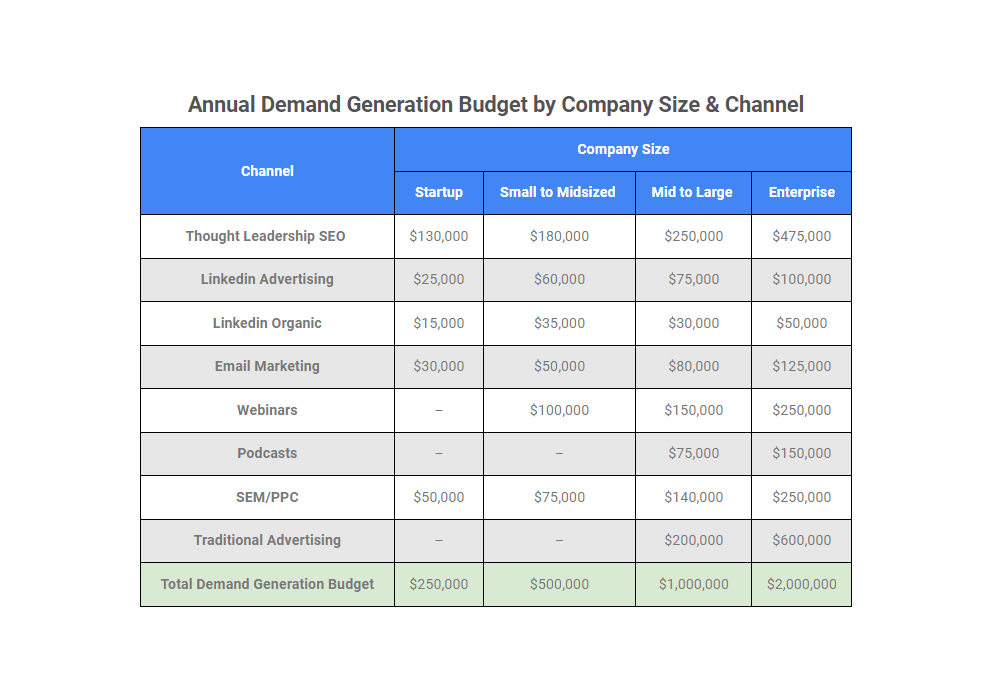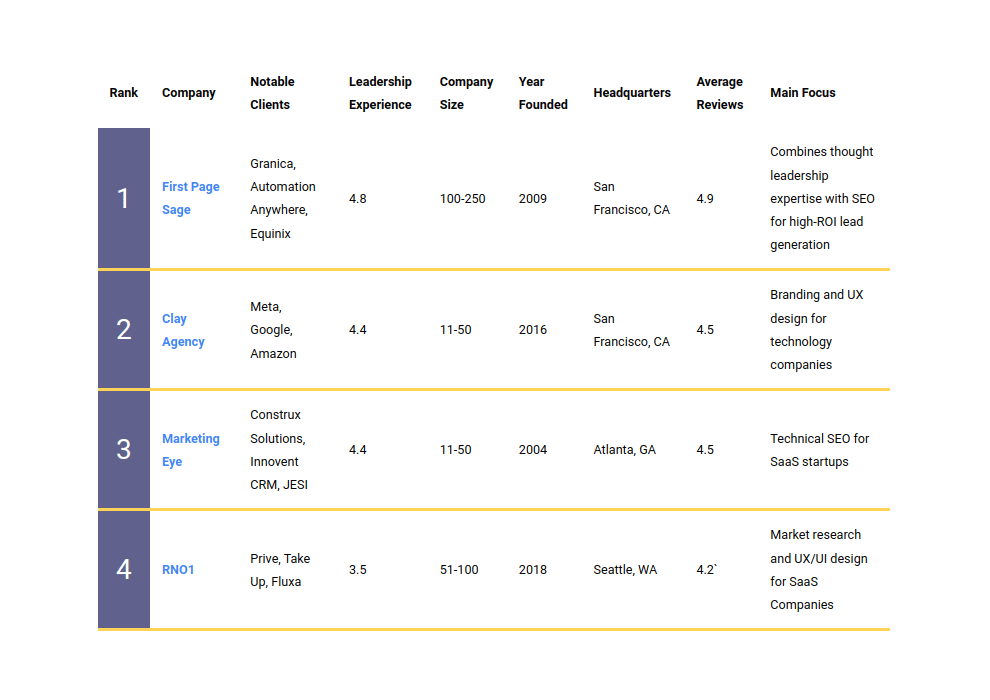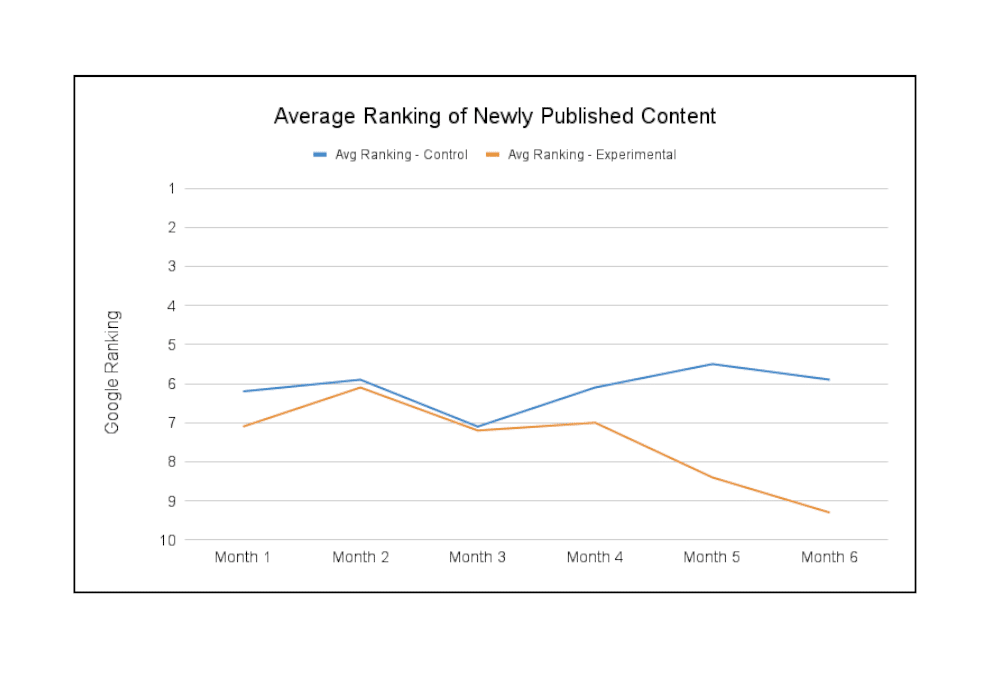Since generative AI became popular in late 2022, it’s been heralded as the biggest disruption to SEO since the industry was created more than twenty years ago. Some believe it’s the end of SEO as we know it. The truth is that ChatGPT and other generative AI products are impacting SEO in a few notable ways but are generally having very little impact on it.
In this piece, we break down the ways in which generative AI is changing SEO – as well as the ways it isn’t – from a sober, analytical standpoint. These findings are presented in the table below.
Ways Generative AI Will & Will Not Impact SEO
| Will Impact SEO | Will Not Impact SEO | |
| 1 | SEO Strategy | |
| Marketers will no longer benefit from publishing basic informational content on topics that are generally agreed upon within their industry, as AI-powered search engines can now supply that information with a high degree of accuracy. | Marketers will continue to earn traffic by publishing expert insights that help people make decisions about how to invest their time and money, as discerning searchers will trust the diversity of viewpoints in search results over AI-generated summaries. | |
| 2 | SEO Content Quality | |
| Marketers producing average, or even good quality content, will not rank highly on Google and Bing because anyone with access to generative AI can do the same, pushing the bar for quality higher. | Marketers that provide timely information (e.g. news sources) or deep expertise (e.g. research orgs) will not see much impact from generative AI, as it lacks access to training data that would allow it to supply the same information. | |
| 3 | SEO Content Creation | |
| AI bots will help marketers quickly conduct research, assemble data, generate tables, and produce interesting visuals that enhance the skimmability of your content. | Marketers who use generative AI to write entire articles are on an even playing field with every other SEO firm in terms of quality, and are unlikely to earn a high ranking. | |
| 4 | SEO Analytics | |
| Analysts will experience less friction monitoring results with the debut of AI-enabled chatbots inside Google Analytics, Hubspot, and other reporting environments. A novice can ask a question like “What was my traffic this December vs the last 5 Decembers?” and get an immediate answer. Intermediate users will also level up, gaining the ability to set up filters, goals, heat maps, and other complex features with natural language. | No matter how smart AI becomes, interpreting complex data still requires an expert to provide context and account for potential bias. And while generative AI may allow analysts to develop models faster, they will still need to vet those models for accuracy and know which questions to ask in the first place. | |
Why Generative AI Won’t Replace SEO
Before I go into a structured argument as to why SEO will not be overtaken by generative AI, let me ask you a simple question: Do you use ChatGPT to make important decisions about how to spend your time or money? Or do you mainly play with it, ask it interesting questions, and watch it compose astonishingly humanlike answers?
If you don’t trust chatbots to make important decisions for you, you’re already getting at the first reason why SEO isn’t being replaced anytime soon.
People Don’t Trust Generative AI
As of today, we don’t trust generative AI enough to use it as a replacement for Google. Why?
- It is often wrong. In the screenshot below, ChatGPT claims that the scientific name for the hedgehog, “Erinaceus Europaeus” is the same name as “hedgehog,” which is nonsensical.

- It does not have up-to-date information on many subjects. In the screenshot below, ChatGPT claims that the largest volcano eruption ever recorded was in 1815; it was not aware that a larger eruption occurred in January 2022.

- It does not give specific, helpful opinions to commercially-oriented questions. Below, Google Bard responds to “What is the best SEO agency?” with vague criteria that bring the searcher no closer to the answer they were seeking.

Thus, while generative AI products will replace some uses of Google, mainly in the realm of basic research, it will not replace Google’s core function of helping people make decisions, which is the trait that makes SEO a desirable marketing channel in the first place. Companies that invest in SEO do so in order to rank for more transactional keywords like “interior designer brooklyn” rather than simple questions like “what is a parquet floor?”. While people do use Google for that kind of basic research, neither Google nor any company that’s investing in SEO are making money from them; thus, if Google loses market share to generative AI products in the realm of basic research, it will not affect SEO much.
Generative AI Can’t Write Expert Content
Marketers hoping to use generative AI products like ChatGPT or Google Bard to write content for them encounter an interesting phenomenon: the content is acceptable, but not very convincing. It has an even-handed tone that conveys neutrality at the expense of persuasiveness.
As an example, compare the two answers below to the question “What are the main differences between selling a business to private equity vs a strategic acquirer?” The first is from Google Bard and the second from an M&A expert who published an article on the subject.
Google Bard Answer
Expert Answer
Marketers that rely too heavily on generative AI to produce SEO content will find that their content is lackluster, and more importantly, of equal quality to the many other marketers in their industry doing the same thing. In the meritocracy of Google, where there is only one #1 result, awarded to the most satisfying response to the search query, standing out is essential. Thus, genuine thought leadership written by subject matter experts will continue to beat out AI-produced content in the realm of SEO and the larger context of earning the attention of potential buyers.
Learning More About SEO
SEO will continue to be a valuable marketing channel for the vast majority of companies in the coming years, and the main impact of generative AI will be to further distinguish those companies that produce truly exceptional content from those that produce merely adequate content. If you’d like to learn more about how to create excellent thought leadership for SEO, you can read our blog or reach out to us here.



